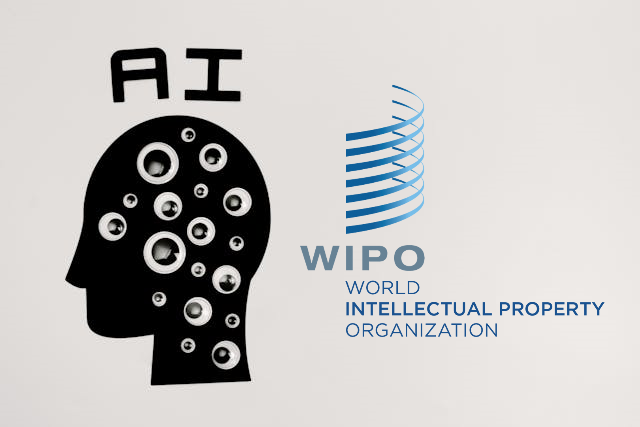Jack Devnarain Presentation on the Impact of A.I. on Performer Rights [VIDEO]
WIPO – Standing Committee on Copyright and Related Rights (SCCR)
Thursday, 18 April 2024
Watch the full presentation video here:
Presentation text with video examples:
Distinguished delegates and colleagues, good afternoon. My name is Jack Devnarain. I am a professional actor and the Chair of the South African Guild of Actors, a proud member of the International Federation of Actors. I am very grateful to WIPO for this opportunity to express the concerns of my peers re: AI and most importantly Generative AI.
Technology has always evolved and actors have learned to adapt and upskill. However, generative AI is a different game player, as it can generate new, realistic content, for the first time. We are in a race against time to develop policy and regulatory frameworks that protect actors’ rights to their own image and likeness.
What makes generative AI such a powerful tool?
This example shows how AI can be used in ways that are respectful and ethical. It can improve the original work without diluting or eliminating human creative expression by helping the actor’s voice better align with visuals and without using synthetic voices instead. It is a remarkable, if fairly benign application of generative AI.
The reason actors have serious cause for concern, however, is that generative AI can also be trained on a performer’s voice and likeness to create a digital replica or an entirely synthetic performance. This is affecting performers around the world right now, often without their consent, and without compensation. Such misuse of AI will only become more prevalent as the technology becomes more accessible. It is already being used in film, TV, voice work, and on social media. Here is an example:
These ‘deep fake’ replicas can also put performers in a sexualized or politically sensitive context that can harm their integrity, their reputation, and their professional careers.
AI can already generate synthetic voices, in multiple languages, dialects and accents, that are incredibly realistic. This is putting tens of thousands of jobs under threat in the voice work industry, which includes dubbing, voice-overs, audio books etc. It is only a matter of time before AI can be trained to generate hyper-real performer replicas or synthetic performers, that may be used at will.
To some, this synthetic content is pure entertainment, but for actors, it presents an existential threat that displaces human creativity. Here is an example of what is already possible as we speak:
From the actor’s point of view, this existential threat can be mitigated as long as any digital replication of a performer, and the use thereof, is based on their fully informed consent; and fair compensation. It is critical to build robust contractual and legal protections at national and international level so that actors should not have to compete for work against digital versions of themselves or, even worse, against fully synthetic performances. These legal protections must include protection of the actor’s voice, image, likeness, and other personal features, which at present lack protections in many countries, including in South Africa.
I use South Africa as an example here, because our country’s failure to introduce regulation of our creative sector, either through legislation or collective bargaining rights, has left actors helplessly exposed to unfair exploitation. We are already seeing one-sided contracts where producers unilaterally award themselves a right to scan the actor’s voice, image and likeness for the creation of a digital replica, for the producer’s exclusive use in perpetuity, and with no further compensation to the actor. Having no recourse against this violation of the actor’s personality rights, the threat of generative AI in South Africa is the nightmare scenario we all dreaded.
We remain hopeful that more countries can harmonize their national legislation with the WIPO Beijing Treaty which protects performers’ rights in audio-visual performances. The Moral Rights articulated in the treaty should be understood to limit the use of AI for replication without consent, where post-production adjustments stray beyond traditional editing of the actor’s performance.
In conclusion, I applaud WIPO’s efforts to confront and interrogate the adoption of AI in the audio-visual industry. Our task is to distinguish the use of AI from its misuse. Of course the road ahead is not an easy one, but if it takes great human endeavor to produce a noteworthy performance, and to create AI, then we can surely muster a great human endeavor to regulate it. I look forward to the next panel, and their discussion on the legal aspects of AI within the international copyright framework.
Featured image adapted from photo by Tara Winstead on Pexels


